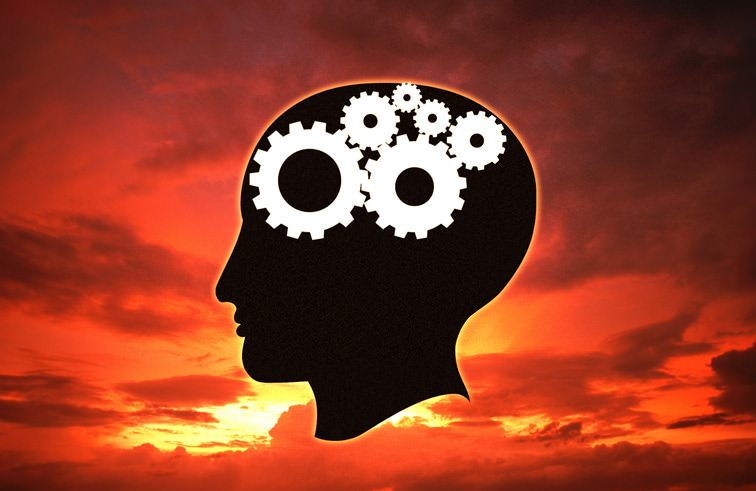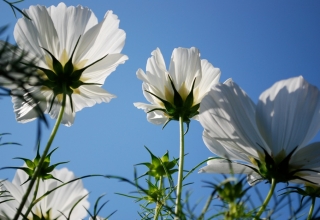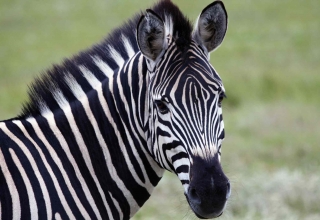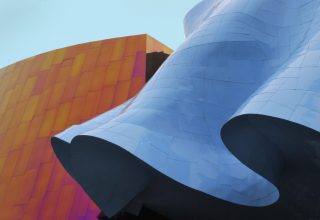
operations of the neural network. Appreciation and love bring the major systems of the body into the harmony; the rhythm of the brain synchronizes with the heart. Cheerful subjects report heightened intuitive clarity along with a greater sense of well-being. Hope gives us bravery and the will to go on.
When the body experiences a pleasurable reaction, the blood freely circulates through the brain, feeding creativity and clearing the way to focus on the task at hand. If the brain doesn’t have to put any energy into protecting, it allows the body to freely interact with the present moment. We literally sense more details, see more options and create more possibilities. We learn best when we are laughing, loving, believing and appreciating. We are most alive when we are happy.
We are at our best when the
human spirit feels nourished.
In contrast, the emotional states that tend to yield negative results—those which we label as fear, anger, frustration, stress, disappointment, resentment, even resignation—constrict blood vessels, speed up the heart and release stress hormones, either diverting blood to the large muscle groups to prepare us for action or slowing the metabolism, helping the body to heal. Even if we want to do our best, the brain is busy trying to rebalance our systems borrowing from the available energy to create. If we allow these conditions to persist over time, the overstressed physiological state severely decreases our capacity to think. We see fewer options, if any at all. In addition, long-term stress taxes both our health and our optimism. To cope, we ignore our ailing bodies and go through life feeling few emotions, if any at all.
In general, anger, overwhelm and frustration handicap our brains. Fear floods the creative center. You must truly love a good challenge to engage the power of happiness under adverse conditions.
There are times when under stress, we accomplish great
Download Article
















